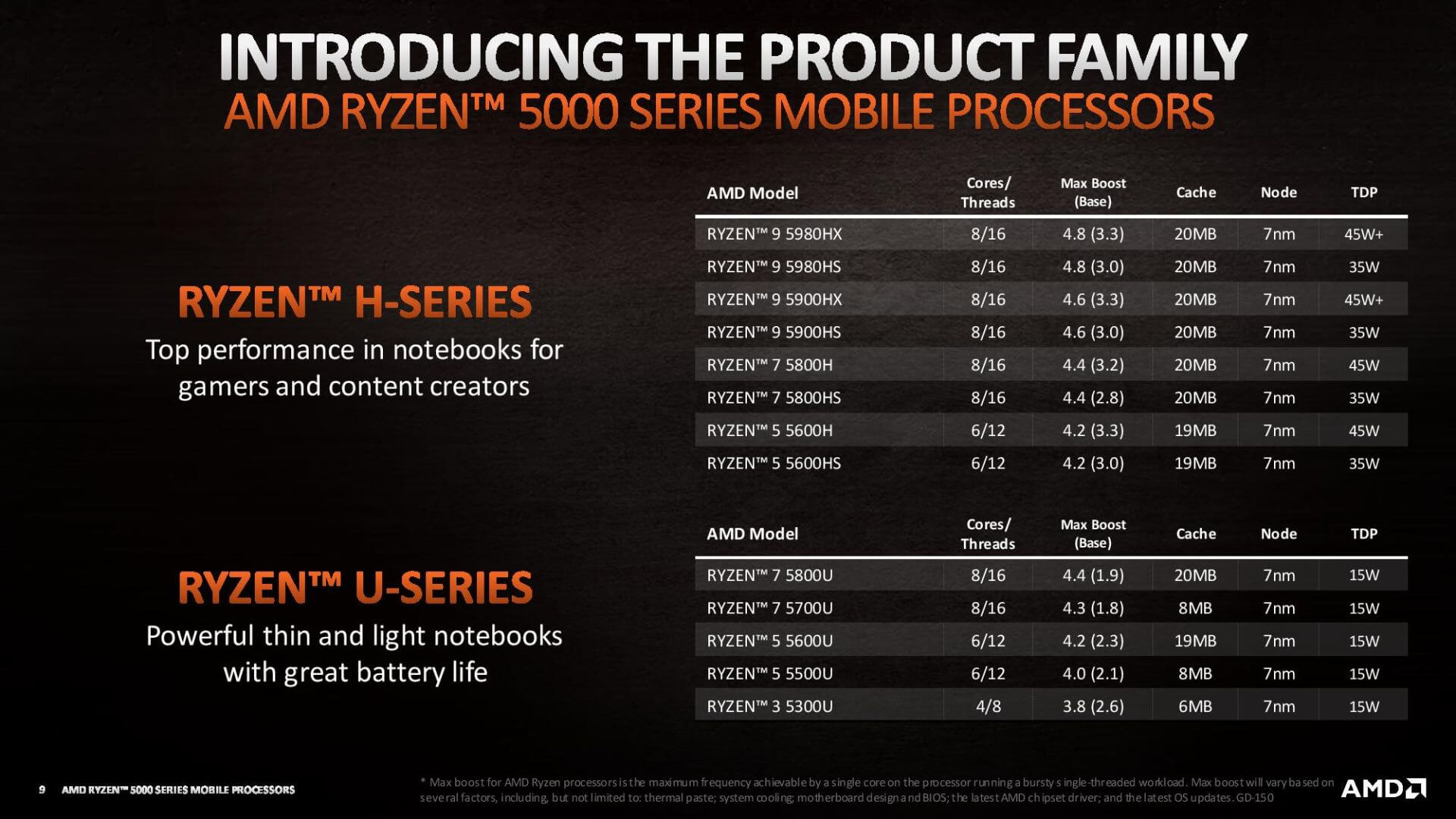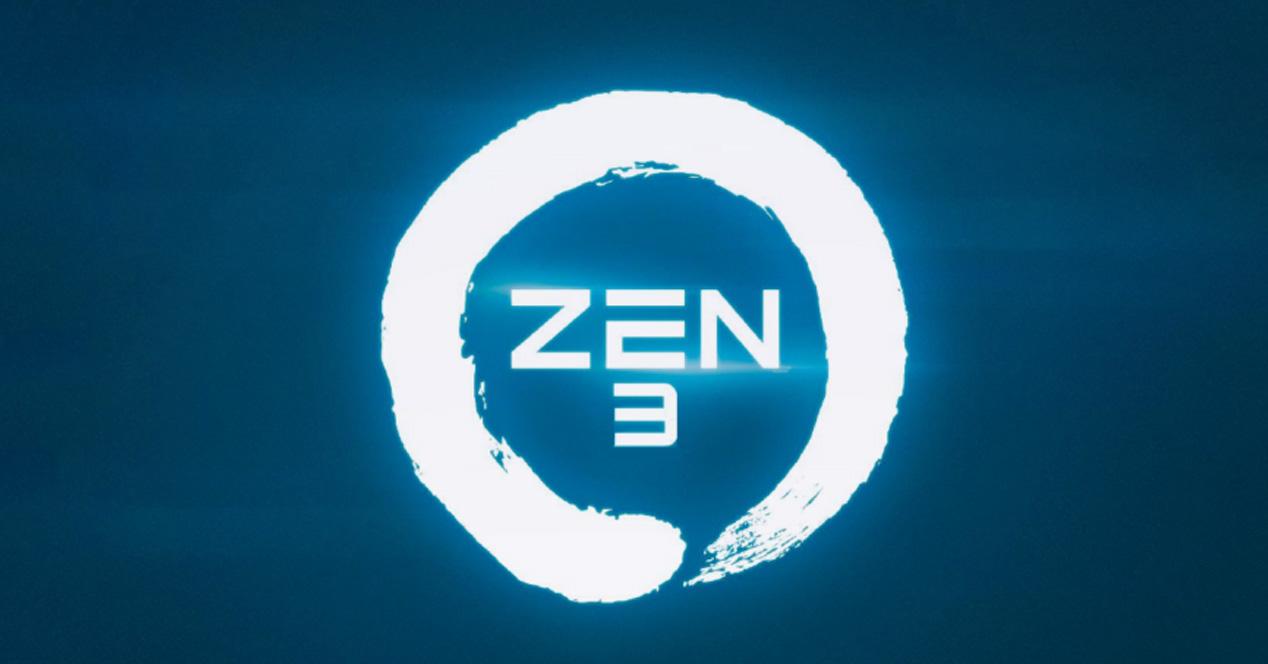

What can potentially challenge Warhol is Intel's upcoming hybrid CPU, Alder Lake-S. Besides, Intel's mainstream Rocket Lake-S offers a maximum of eight cores and 16 threads, which means AMD is not under any duress to amp-up the core counts any time soon - at least not until Zen 4. However, it helps to note that AMD didn't announce a refresh for the Ryzen 9 3950X so it remains to be seen if the company will have a change of heart in this regard this time around. Naturally, Warhol will also probably top-out with a 16-core 32-thread configuration like the current Zen 3 parts. This family is going to feature the same Zen 3 core architecture. But with Warhol offering practically no changes under the hood including PCIe Gen4 support, it is likely that we will see one more CPU generation on AMD's protracted socket. The second lineup that is also well known is the AMD Vermeer X Ryzen Desktop CPU family. Earlier, it was assumed that Zen 3 Vermeer would be the last generation to support socket AM4. Warhol will also further prolong the life of socket AM4 a little bit. However, a modest IPC bump is presumably in the offing. expected to be the last family of Zen 2 consumer CPUs to be available before AMD shifts over to its next-generation Zen 3 products.

Warhol will just be a refreshed Zen 3 so the core counts and the architecture will not change. But the instant bashing of any leaker even those with a good track record is just plain dumb. RedGamingTech's sources seem to confirm that Warhol will release sometime later this year likely around Q4 and not in Q1 2022 as was previously speculated.
#Amd zen 3 refresh series#
Warhol will likely be similar to the Ryzen 3000 XT series we saw with Zen 2. From that roadmap, we learnt that AMD will likely introduce a Zen 3 Vermeer refresh codenamed Warhol or Zen 3+ before we get to see the 5 nm Zen 4 Raphael in 2022.

If AMD doesn't release Ryzen 5 and 7, it has a 5800X competing with the 12600K and a 5600X competing. In contrast, Zen 3's sweet spot was at DDR4-3600 (1,800 MHz FCLK), with DDR4-4000 (2,000 MHz FCLK) being the golden standard. Hallock believes that DDR5-6000 will be the sweet spot for Zen 4 based on cost, stability, performance, availability, and ease.
#Amd zen 3 refresh full#
I think it makes most sense for AMD to release a full lineup, especially now that Alder Lake is out and is competitive. The Zen 4 parts have a default FCLK of 1,733 MHz, supporting DDR5-5200 memory by default. Recently, we reported about leaked Intel and AMD roadmaps for desktop and mobile CPU parts for 20. The v-cache chips will probably mostly be rejects from the Epyc line, so much will depend on yields.


 0 kommentar(er)
0 kommentar(er)
